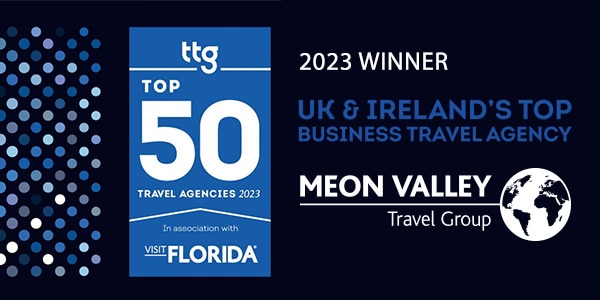What is ISO 31030?
ISO 31030 is intended to become the global standard for corporate travel risk management. It is designed to help organisations make the correct decisions to ensure their staff can travel safely.
Published in September 2021 following three years of work, ISO 31030 is a comprehensive guide for organisations to mitigate potential risks and ensure the safety of employees travelling for work. It provides a structured approach to managing travel-related security, health, safety, and well-being concerns.
The standard is designed for organisations of all sizes, from small businesses to large corporations, and is particularly relevant for organisations with a duty of care for individuals travelling abroad. It emphasises the importance of proactive risk management and provides practical guidance to help organizations implement effective travel risk mitigation strategies.
ISO 31030 is a valuable tool for organizations seeking to safeguard their employees and maintain a positive reputation in the global business landscape.
Why is ISO 31030 needed?
Some aspects of Duty of Care are covered by laws and some aren’t. There have been some civil cases, but these did not set out what the responsibilities are, so ISO 31030 aims to do that in a single document following consultation from across the globe. Its aim is to provide a structured approach to risk management and its release is timely as the pandemic has increased awareness around these issues.

What does ISO 31030 cover?
ISO 31030 is broad in scope and covers everything from accommodation selection to medical support to traveller tracking, incident management planning, kidnap and evacuation. It also covers general resilience, business continuity, information security and wellbeing. All this applies to domestic as well as international travel. ISO 31030 is aimed at SMEs without HR functions as well as large corporations.
Is it just buyers who should be aware of it?
No, suppliers need to take note too, if they are not adhering to guidelines, that means their customers aren’t either. Security and safety standards will be top of the agenda on both sides. This may mean for example self-certification by a hotel regarding security and safety may no longer be considered adequate either by buyers in the first instance, or by the courts should any litigation arise.
Who else needs to know about this?
The guidelines stress that everyone needs to be involved. HR staff, risk managers, security managers, executive protection staff and compliance officers need to be accountable for risk management, while employees must make themselves aware of policies as part of a ‘duty of loyalty’. One plus is that it raises the profile of travel managers by increasing the importance of their role in ensuring everyone is aware of their responsibilities and that best practice is followed.
Were changes made due to the pandemic?
Some additions were made, including considering travellers as transmitters of viruses, while more attention was given to vaccinations and quarantine requirements. However, Kevin Myers, ISO 31030 Convenor and health and safety expert, says: “Lots of the things you would need to do to manage Covid risks were already embedded in the standard, although we did add a new annexe on dealing with the global shutdown; that’s not just a Covid issue, it happened with the Icelandic volcano.”
What are the advantages apart from the obvious health and safety aspects?
Staff are more likely to work efficiently and be happier if they feel companies have a holistic approach to their wellbeing and are taking it seriously. Myers adds: “It’s the old cliché about we want our workers to be ‘happy, healthy and here’. I’d add happy, healthy, here and there, and that’s good for business.”
Is ISO 31030 certifiable?
There are no current plans to make it certifiable, it’s more likely that hotels, for example, will develop certifiable standards for safety and security in order to comply.
To find out more about how Meon can help you manage your travel risk please contact us by email at [email protected] or by telephone +44 (0)116 264 5270.






